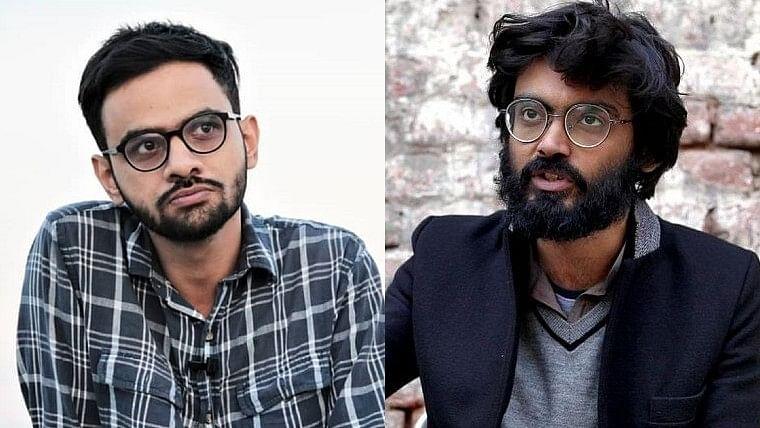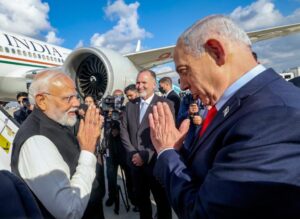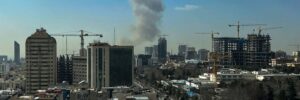SC Denies Two-Week Extension In Umar Khalid, Sharjeel Imam Bail Pleas

The case concerns student activists Umar Khalid, Sharjeel Imam, Meeran Haider, Gulfisha Fatima, and Shifa-ur-Rehman, who were among those accused of orchestrating a “larger conspiracy” behind the communal violence in Delhi in February 2020
In a significant development, on October 27, the Supreme Court rejected Delhi Police’s request for additional time to file counter-affidavits in bail pleas related to the Delhi riots “larger conspiracy” case. A bench comprising Justices Aravind Kumar and N.V. Anjaria directed that the response be submitted before the next hearing on Friday, October 31, emphasizing that sufficient time had already been allotted.
Additional Solicitor General S.V. Raju, representing the Delhi Police, sought a two-week extension at the outset. Justice Kumar responded firmly, stating, “We have given you enough time. You may be appearing for the first time, but last time we said we will hear the matter on October 27 and dispose of it.” Questioning the necessity, he added, “What is the question of a counter-affidavit in a bail matter?” When Raju requested two weeks, the bench retorted, “You file the counter, but we will not give you two weeks.” Even a one-week extension was denied.
Senior advocates Kapil Sibal and A.M. Singhvi, representing the petitioners, underscored the prolonged detention of their clients. Sibal noted, “They have been behind bars for over five years,” while Singhvi highlighted delays in trial proceedings. Justice Kumar acknowledged the duration, remarking, “After all, it is a matter of bail… five years they have completed.” He urged the prosecution to consider bail due to delays, saying, “See also, Mr Raju, examine if you can think of coming out with something,” hinting at potential release on grounds of undue incarceration.
The case involves student activists Umar Khalid, Sharjeel Imam, Meeran Haider, Gulfisha Fatima, and Shifa-ur-Rehman, accused of orchestrating the February 2020 communal violence. Charged under the Unlawful Activities (Prevention) Act (UAPA) and Indian Penal Code (IPC), they challenge the Delhi High Court’s September 2 denial of bail in FIR 59 of 2020.
The Supreme Court first heard the matter on September 12, but proceedings were deferred due to late file receipt. On September 19, Justice Manmohan recused himself due to a prior association with Sibal, leading to the current bench. Notices were issued on September 22, with the hearing fixed for October 27.
Other accused in the broader conspiracy include Tahir Hussain, Khalid Saifi, Ishrat Jahan, and others. Some, like Devangana Kalita, Natasha Narwal, and Asif Iqbal Tanha, have been granted bail.
This ruling sets the stage for a pivotal hearing, potentially addressing prolonged detention in one of India’s most scrutinized cases from the 2020 riots. The bench’s insistence on proceeding without delay reflects concerns over judicial timelines and the rights of the accused, amid ongoing debates on UAPA’s application.
Experts view this as a test of balance between national security and individual liberties. With elections approaching, the case could influence political narratives on law and order. The petitioners argue that extended incarceration without trial violates constitutional rights, while the prosecution maintains the allegations’ gravity.
As the matter advances, it highlights systemic issues in India’s judicial process, where bail pleas often languish. The Supreme Court’s stance may prompt faster resolutions in similar cases, ensuring justice is not indefinitely deferred.





